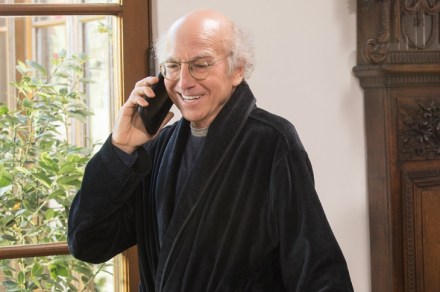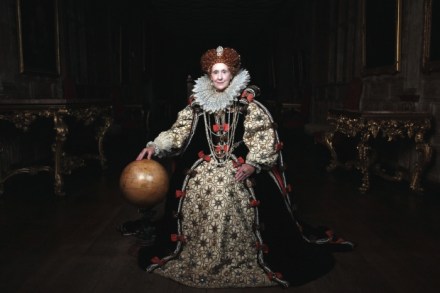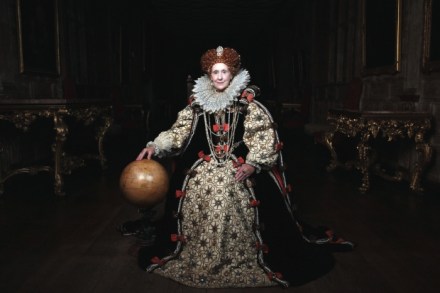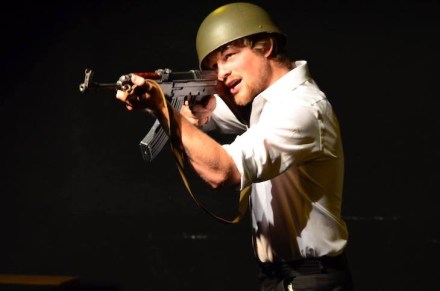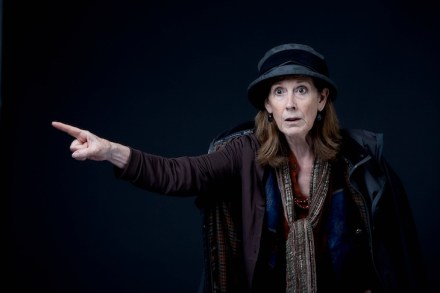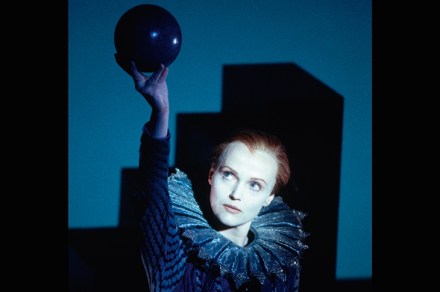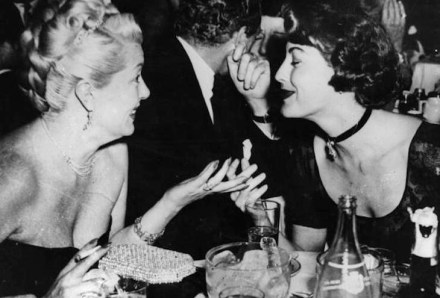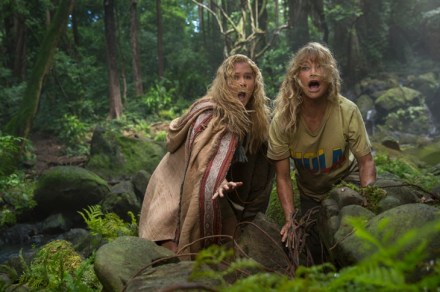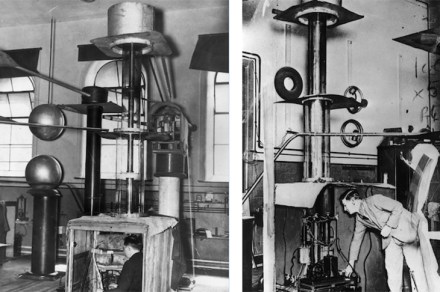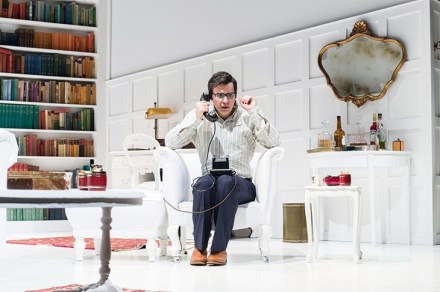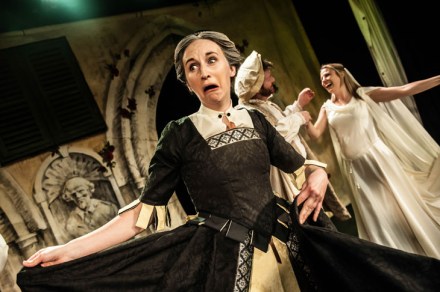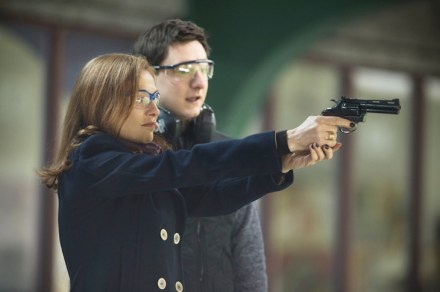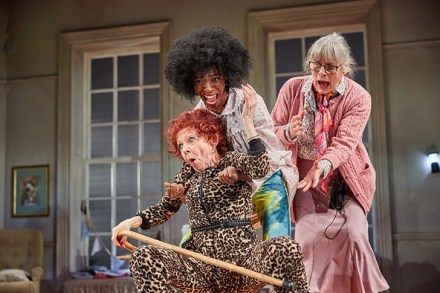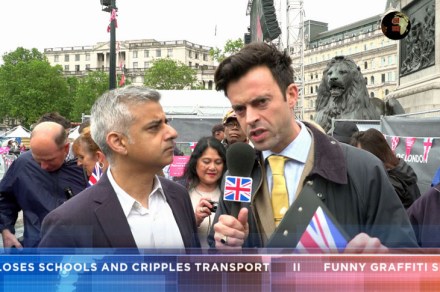No pain, no gain | 28 September 2017
The best episodes of Curb Your Enthusiasm are the ones that make you want to hide behind the sofa, cover your ears and drown out the horror by screaming: ‘No, Larry, no!’ I’m thinking, for example, of the one where our hero attends a victim support group for survivors of incest and, in order to fit in, decides to concoct a cock and bull story about how he was sexually abused by his uncle. This, of course, comes back horribly to haunt him when out one day with his blameless real uncle… But no, I shan’t try to elaborate, for the plots in Curb Your Enthusiasm are as convoluted as
